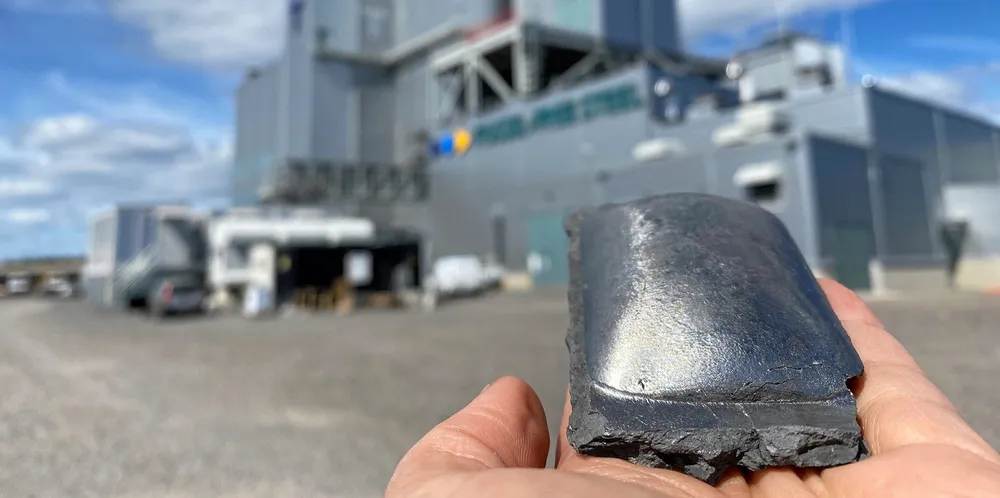Vattenfall-led hydrogen-fuelled green steel pilot lands $160m in EU grants
Hybrit joint venture with mining out fits LKAB and steel maker SSAB will used funds to demonstrate large-scale decarbonisation of the industrial manufacturing process

Hybrit joint venture with mining out fits LKAB and steel maker SSAB will used funds to demonstrate large-scale decarbonisation of the industrial manufacturing process
